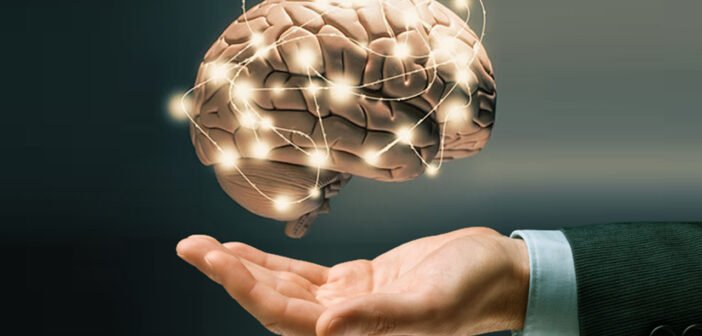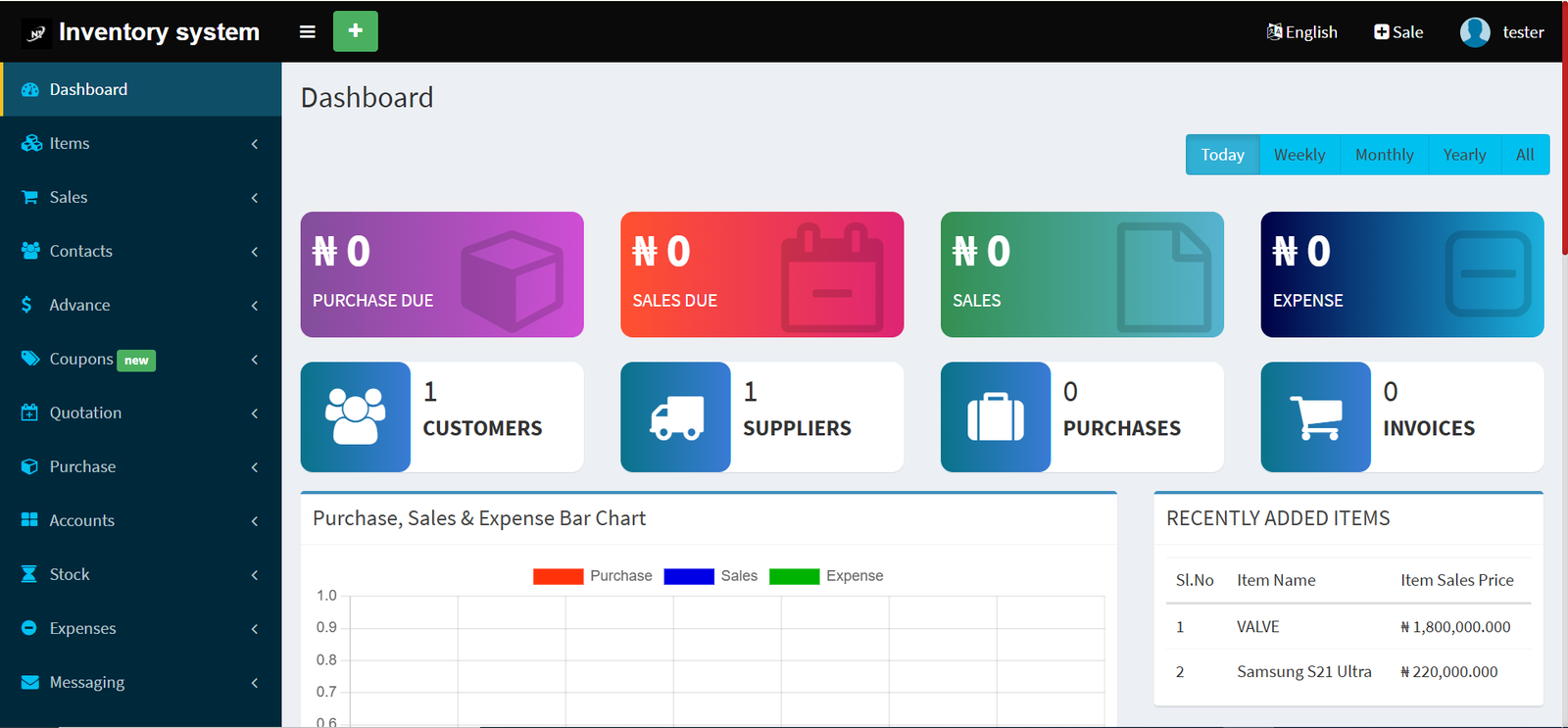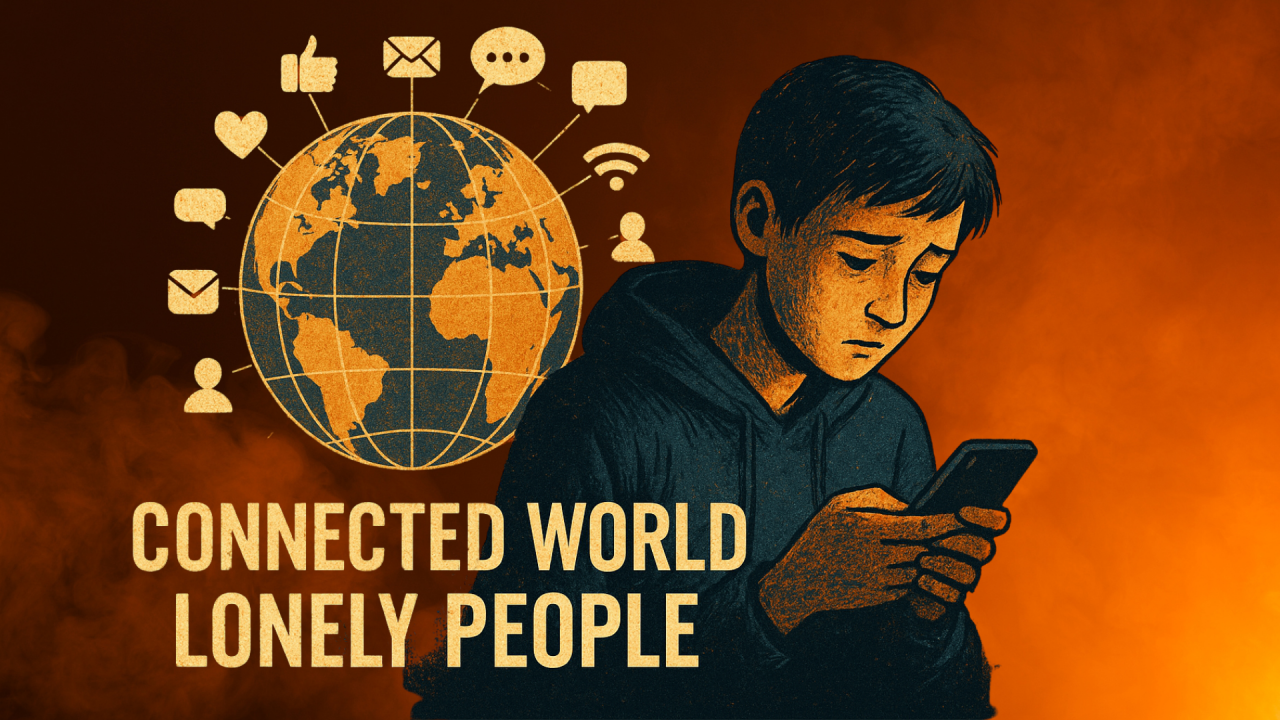Self Development: Emotional Intelligence & Relationships

Emotional Intelligence (EI) plays a crucial role in fostering healthy, meaningful, and lasting relationships. It involves the ability to recognize, understand, and manage emotions in oneself and others. Strong emotional intelligence enhances communication, conflict resolution, empathy, and overall relationship satisfaction. Below are the key aspects of how EI influences relationships:
1. Self-Awareness
-
The ability to recognize one’s own emotions and their impact on thoughts and behaviors.
-
Helps individuals understand their triggers, needs, and desires in a relationship.
-
Encourages self-reflection, leading to better decision-making and interactions.
2. Self-Regulation
-
Managing emotions effectively rather than allowing them to control one’s reactions.
-
Prevents impulsive decisions that could harm relationships.
-
Promotes patience, adaptability, and resilience in difficult situations.
3. Empathy
-
Understanding and sharing the feelings of others.
-
Strengthens emotional connections and fosters deeper bonds.
-
Helps in recognizing and responding appropriately to a partner’s needs and concerns.
4. Social Skills & Communication
-
Effective communication is key to building trust and resolving conflicts.
-
Active listening and expressing oneself clearly prevent misunderstandings.
-
Encourages open dialogue, emotional transparency, and mutual respect.
5. Conflict Resolution
-
High EI helps individuals approach conflicts with a problem-solving mindset rather than a defensive one.
-
Promotes constructive discussions rather than blame or criticism.
-
Leads to fair compromises and solutions that satisfy both parties.
6. Building Trust and Intimacy
-
Emotionally intelligent individuals foster trust by being honest, reliable, and emotionally available.
-
Encourages vulnerability, allowing for deeper emotional connections.
-
Helps in maintaining long-term satisfaction and security in relationships.
7. Managing Stress and Emotional Resilience
-
Emotionally intelligent individuals cope better with stress, reducing relationship strain.
-
Practices like mindfulness and emotional regulation prevent outbursts and resentment.
-
Helps in maintaining balance and well-being in both personal and professional relationships.
8. Adaptability and Growth in Relationships
-
The ability to accept change and grow together strengthens a relationship.
-
EI fosters flexibility, allowing partners to navigate life transitions smoothly.
-
Encourages continuous learning and emotional development as a couple.
Here are the key points:
i. How to Master Emotional Intelligence for a More Fulfilling Life
Mastering emotional intelligence requires self-awareness, empathy, self-regulation, motivation, and social skills. Here are steps to enhance EI:
-
Self-Awareness – Recognize and understand your emotions. Journaling and mindfulness can help identify emotional triggers and patterns.
-
Self-Regulation – Learn to manage emotions constructively. Techniques like deep breathing and cognitive reframing can prevent impulsive reactions.
-
Empathy – Develop the ability to understand others' emotions by active listening and perspective-taking.
-
Social Skills – Improve interactions by being open, approachable, and adaptable in conversations.
-
Intrinsic Motivation – Set personal goals driven by passion and purpose rather than external validation.
By mastering these elements, you can foster stronger personal and professional relationships and improve overall emotional well-being.
ii. The Power of Positive Thinking: How to Cultivate a Resilient Mindset
A resilient mindset helps navigate challenges with optimism and confidence. Here's how to develop it:
-
Reframe Negative Thoughts – Replace limiting beliefs with positive affirmations and constructive perspectives.
-
Practice Gratitude – Focus on what you have rather than what you lack. Keeping a gratitude journal can reinforce positivity.
-
Surround Yourself with Positivity – Engage with supportive individuals who uplift and inspire you.
-
Learn from Setbacks – View failures as learning opportunities rather than personal defeats.
-
Take Care of Your Well-being – A healthy lifestyle, including good nutrition, exercise, and rest, strengthens emotional resilience.
By cultivating positive thinking, you enhance your ability to handle life’s ups and downs while fostering healthier relationships.
iii. Effective Communication Skills That Can Improve Your Relationships
Clear and empathetic communication is the cornerstone of successful relationships. Key communication skills include:
-
Active Listening – Focus on understanding rather than just responding. Maintain eye contact and show genuine interest.
-
Non-Verbal Cues – Pay attention to body language, tone of voice, and facial expressions.
-
Assertiveness – Express needs and boundaries confidently yet respectfully.
-
Conflict Resolution – Address disagreements with a solution-oriented mindset rather than a defensive approach.
-
Empathetic Responses – Validate others’ emotions and experiences to foster deeper connections.
Mastering communication skills strengthens trust, reduces misunderstandings, and creates more meaningful interactions.
iv. How to Set Boundaries Without Feeling Guilty
Setting boundaries is essential for maintaining self-respect and healthy relationships. Here’s how to do it effectively:
-
Identify Your Limits – Recognize your emotional, mental, and physical boundaries.
-
Communicate Clearly – Use direct but polite language to express your limits.
-
Practice Saying No – Declining requests respectfully prevents burnout and resentment.
-
Manage Guilt – Remind yourself that setting boundaries is an act of self-care, not selfishness.
-
Be Consistent – Reinforce your boundaries regularly to avoid mixed signals.
By setting healthy boundaries, you ensure mutual respect in relationships while maintaining your well-being.
v. The Role of Gratitude in Personal Happiness and Success
Gratitude significantly impacts happiness, success, and emotional intelligence. Here’s why it matters:
-
Enhances Relationships – Expressing gratitude strengthens bonds and fosters appreciation.
-
Boosts Mental Health – Gratitude reduces stress, anxiety, and depression by shifting focus to positive aspects of life.
-
Encourages Resilience – A thankful mindset helps overcome adversity with optimism.
-
Promotes Generosity – Gratitude inspires acts of kindness, creating a cycle of positivity.
-
Improves Productivity – Appreciating progress and effort increases motivation and job satisfaction.
Incorporating gratitude into daily life leads to long-term emotional and social benefits.
Conclusion
Emotional intelligence is the foundation of strong relationships, personal growth, and a fulfilling life. By mastering emotional intelligence, cultivating positivity, improving communication, setting healthy boundaries, and practicing gratitude, you can enhance your well-being and build deeper, more meaningful connections. Developing these skills takes time, but the rewards are invaluable in creating a happier, more resilient life.







